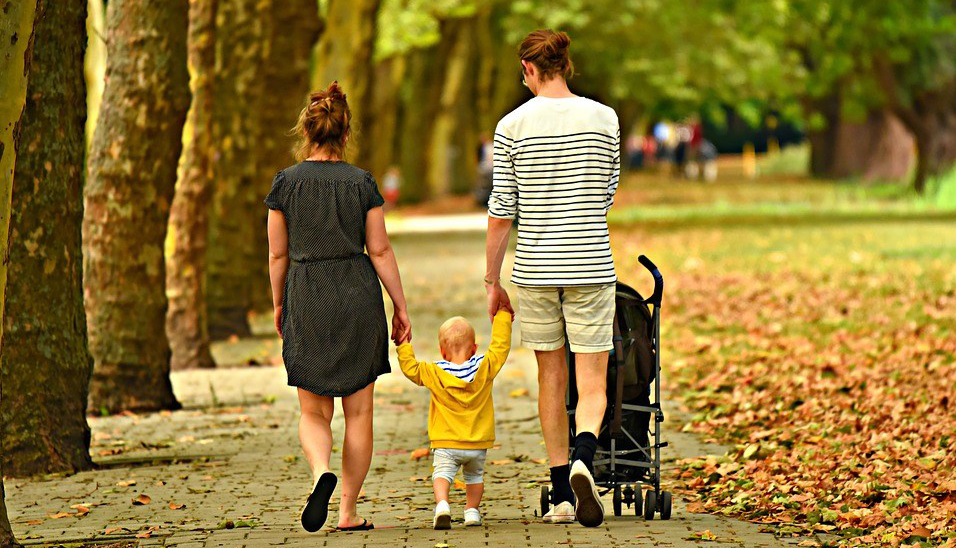Written by Dorothy Reid
“…it is about time that we pulled our collective heads out of the sand and recognized FASD for what it is: a disability like any other disability. One that can be accommodated, like any other disability, so that those with FASD can fully participate in society.”
When asked to write this blog on what FASD means to me, I struggled. FASD is a complicated disability with many challenging aspects. I finally decided that, in my experience, FASD to this point has meant missed opportunities.
I have seen, both in my professional and personal life, so many individuals who have not been as successful as they could have been had they received the appropriate diagnosis and supports throughout their lives.
I have seen many families torn apart because of FASD. Birth parents who have lost custody because of a lack of support and appropriate treatment for their addictions. Couples who have split because of the challenges in raising children with FASD with no community support and services.
I have seen children who have missed the opportunity to grow up with their birth parents and who have been sent from placement to placement. My youngest son was in 10 different homes by the time he was 3. He missed the opportunity to have a consistent caregiver during his first years and developed an attachment disorder. This missed opportunity plagued him throughout his short life and as a result, I believe, he missed the opportunity to grow into adulthood.
I have seen many individuals for whom the mental health issues commonly associated with FASD were not accommodated or treated and who have ended up institutionalized, missing the opportunity to make a meaningful contribution to society or have control over their own future.
And yes, I have seen many examples of individuals with FASD making very meaningful contributions as parents, employees, researchers and teachers. For them, the opportunities for support, services and accommodation were taken and the results speak for themselves.
From my perspective, it is about time that we pulled our collective heads out of the sand and recognized FASD for what it is: a disability like any other disability. One that can be accommodated, like any other disability, so that those with FASD can fully participate in society.
We, as caregivers, service providers and researchers, can’t miss this opportunity to advocate to governments, social support agencies, educational facilities and employers that they have an opportunity to work with, engage and support a group of individuals who are caring, creative, social, imaginative, loyal and talented in so many other ways.
We, as caregivers, can’t miss this opportunity to reach out and support each other. I know from my experience, without the support of other caregivers, we might have been one of those families torn apart.
We, as a community, can’t miss this opportunity to support women in as many ways as necessary to enhance the likelihood of healthy babies.
We, as a community, can’t miss this opportunity to support those with FASD so they can, in turn, help support us.
Too many opportunities have already been missed. It is time to act.
Dorothy Reid is the co-chair of the CanFASD Family Advisory Committee and the owner of Reid Wellness Consulting, providing consultation and training to individuals and organizations on maintaining wellness. Dorothy worked with the Correctional System primarily in the area of mental health service development and delivery. She has extensive professional experience in working with individuals with FASD and other mental health concerns and developed interventions for offenders with cognitive deficits. After obtaining a diagnosis of FASD for their two sons, Dorothy and her husband have been involved in the development of support groups for parent and caregivers of children with disabilities.
